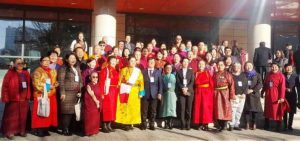
All over the world right now, people need compassion. Some are hurting from having contracted the coronavirus and/or another disease. For many this is compounded by poverty, violence, and other pre-existing circumstances. Whether suffering from fear and anxiety for themselves or for family and friends, love is needed in all corners. We often think of love as the bond between two partners or between a parent and child, but love has a much broader definition in both Eastern and Western histories. In the Western Judeo-Christian worldview, agape can be said to encompass the modern concept of altruism, defined as an unselfish concern for the welfare of others. This is not unlike the practice of tonglen (Tib. sending and receiving), wherein Buddhists take on the suffering of others and radiate out well-being to benefit sentient beings. Many Buddhists practice tonglen, or simply pray for the welfare of all beings, through mantras, or by lighting candles and reciting scripture, or specific prayers to relieve suffering.
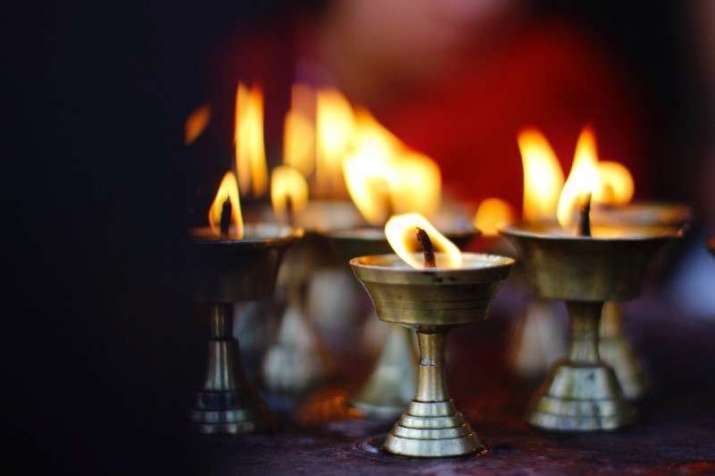
This virus—like so many diseases and hardships that befall people all over the world—does not affect all of us equally. Of course, the disease itself can infect anyone, but our resources to detect, treat, and receive healthcare vary widely. Depending on one’s socio-economic or political status, caste, or access to modern healthcare, the disease will hit disparately. The coronavirus affects people of color far more than white populations, and around the world its effects are not felt equally among different racial or ethnic groups. No matter where one lives, it is the perfect time to send out help in the form of good wishes, prayers, and beneficial actions. There is a new kind of disparity between people who can continue working from home and being paid, and those who must show up to their worksites, putting themselves at greater risk to continue the supply chain for everyone. Many have also lost their livelihoods completely.
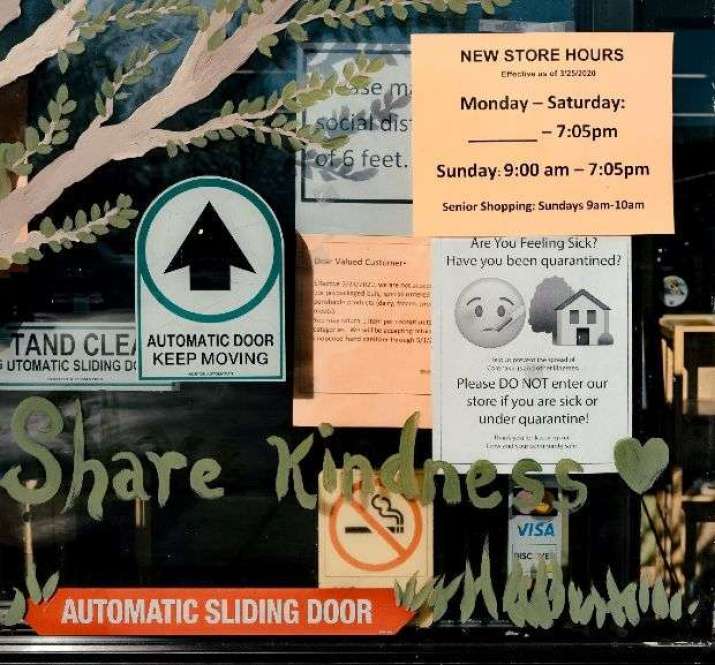
Right now, the world needs extra compassion for global healthcare workers, essential services workers, the homeless, the uninsured, and those suffering severely due to the pandemic uniting us all. We are all affected, but to vastly different degrees. Over the recent May Day, strikes were held in the US against companies such as Amazon, Target, and Instacart, highlighting the need for workers to be given fair pay, sick leave, and protective gear. Workers continue to be placed in hazardous positions to retain their jobs supplying millions of people with goods by home delivery as well as in-store purchases. These strikes may have been small in number, but they had a wide audience and impact—and hopefully they will lead to future unionization and fair measures for all essential workers.*
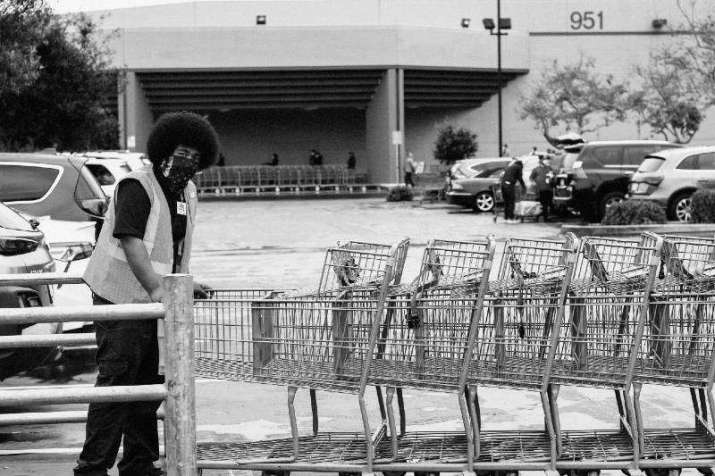
As quarantine restrictions are slowly lifted in various states in the US, bodhicitta will take on many forms. I have already seen and expect to see quite a bit more peer social policing in the public arena, wherein people constantly watch each other to see if they are taking precautions or letting loose, particularly as summer arrives. The essence of Buddhist practice is always to watch one’s own mind, with all its fluctuations, emotions, projections, and wanderings. Meditation and the cultivation of bodhicitta for all beings have been strong supports for me in getting through two months of quarantine, and I am deeply grateful for their presence in my life. I have extra empathy and compassion for those who are without any sort of spiritual practice having to live through this season of fear and anxiety, and with the uncertainty of how the next six months—and longer—will unfold.
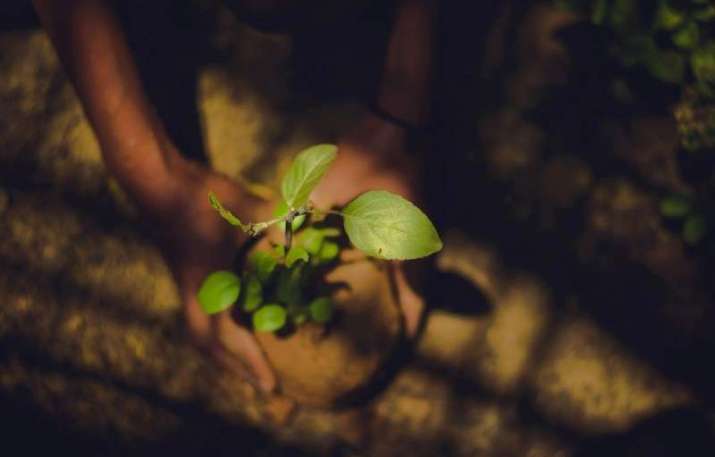
We can all find ways to offer solace, prayers, and to take small actions to care for others. Some of us have opportunities within our local communities to help distribute food and other essential items. We may be working to earn money to support our families and ourselves, whether we can do so from home or we have to go into our workplace. We can extend gratitude and daily thanks when we shop for groceries or gasoline to everyone serving us by their actions. And we can appreciate that, to some degree, Mother Earth has had a rest from the traffic and pollution and the constant barrage of human activity. In her honor, we could plant a few flowers or even a few trees, and give thanks for the bounty we receive from her.
May we and our communities be safe and free from fear, healthy and calm, with the resources to pause and notice other beings and to wish them well with love.
Sarah C. Beasley (Sera Kunzang Lhamo), award-winning author of Kindness for all Creatures: Buddhist Advice for Compassionate Animal Care (Shambhala 2019), has been a Nyingma practitioner since 2000, a certified educator, and an experienced writer and artist. She has a BA in Studio Art and is an MA Candidate in Educational Leadership. Sarah spent close to seven years in traditional retreat under the guidance of Lama Tharchin Rinpoche and Thinley Norbu Rinpoche. With a lifelong passion for wilderness, she has summited Mt. Kenya and Mt. Baker, among other peaks. Her book and other works can be seen at sarahcbeasley.com.










